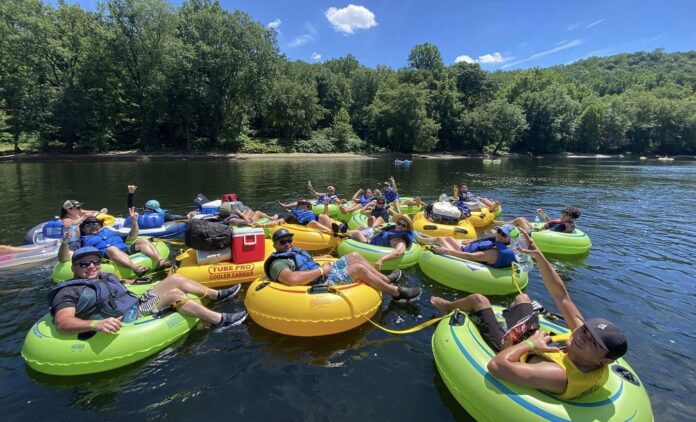When the summer heat hits, nothing is quite as refreshing as cooling off in a pool, lake or river. While spending time in the water is a fun activity for many, it’s important to keep safety at the top of your mind in order to avoid injuries and illness.
When children are swimming, you should take extra precautions to prevent drowning. Children should always be supervised closely around water, even if they know how to swim.
Assign designated adults to watch them who know to avoid any distractions, such as looking at their phones. Enroll kids in swim lessons, and ensure they wear life jackets around the open water of lakes and rivers. Avoid relying on inflatable toys for flotation, which are not replacements for life jackets.
Adults can benefit from swimming safety reminders, too. Adults should also never swim alone, especially in lakes or rivers. Even if you’re a skilled swimmer or in a familiar area, you will want another adult nearby in incase an accident occurs.
Adults should also avoid swimming when impaired by alcohol or other drugs that can reduce judgement and coordination. It’s a good idea to always wear a life jacket when in open water as well.
Finally, waterborne germs can quickly spread in both natural water bodies and pools or splash-pads. These germs usually cause symptoms, such as diarrhea and vomiting, and might even require hospitalization. To avoid becoming infected or infecting others:
• Don’t swallow water when swimming, and avoid getting any water in your mouth or nose.
• Shower with soap and water both before and after swimming.
• Wash your hands after coming into contact with lake, river or pool water, especially before eating or touching your face.
• Take children on frequent bathroom breaks when swimming, and always wash hands before getting back in the water.
• Don’t swim if you have diarrhea.
• Avoid swimming in natural water bodies after heavy rainfall.
If you become sick after being in the water, contact your healthcare provider if your symptoms are unmanageable or don’t improve after three days.
Natalie Peters is the community health educator in the Dallas County Public Health Department.

















